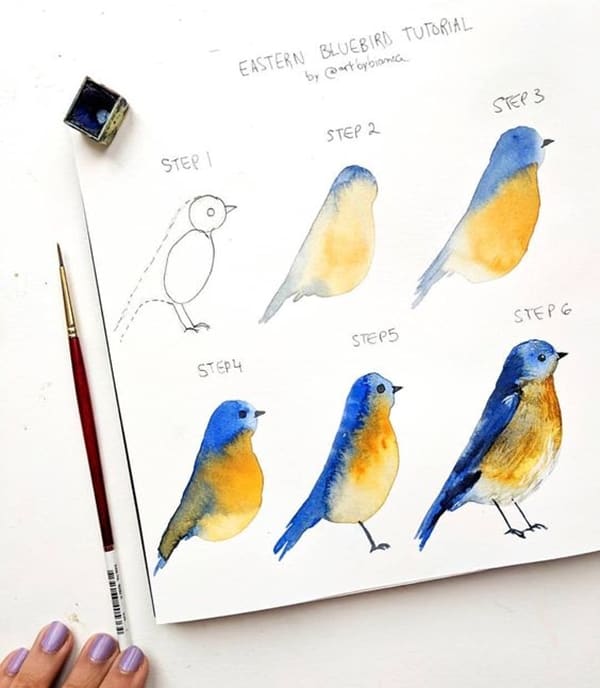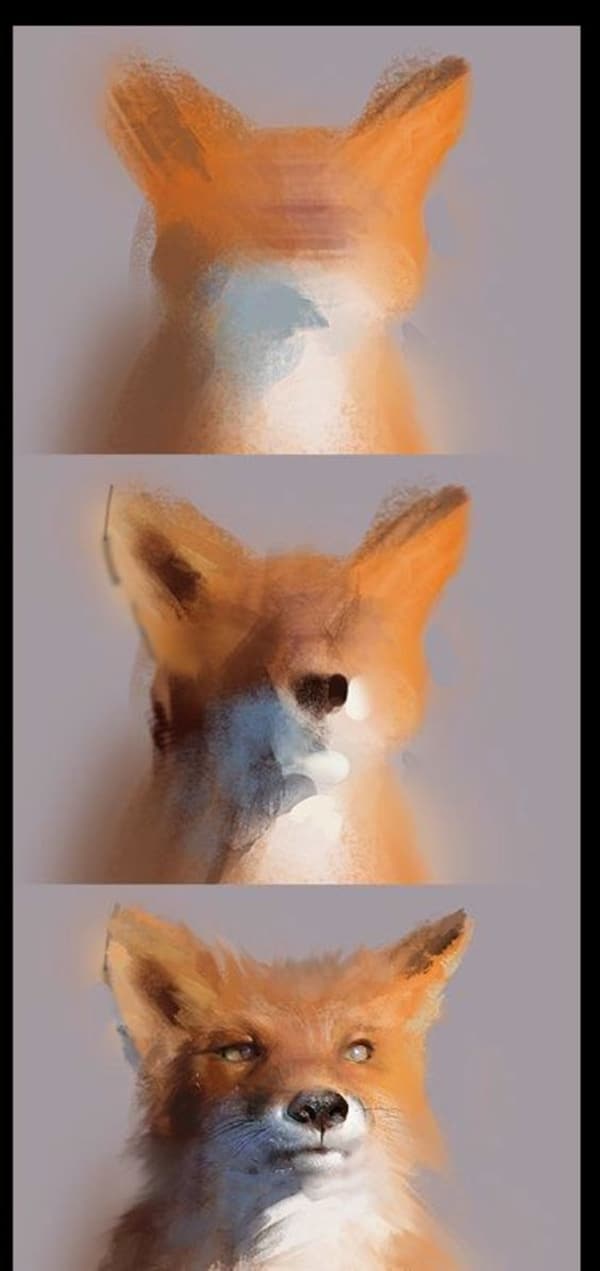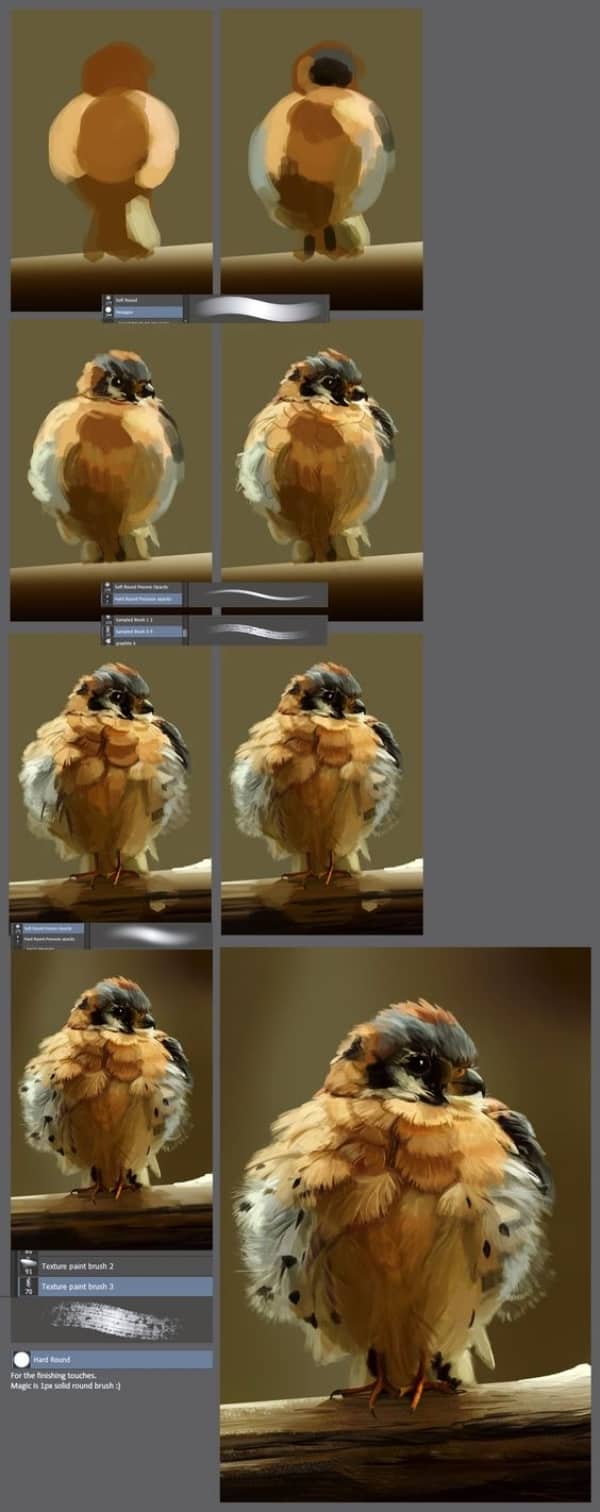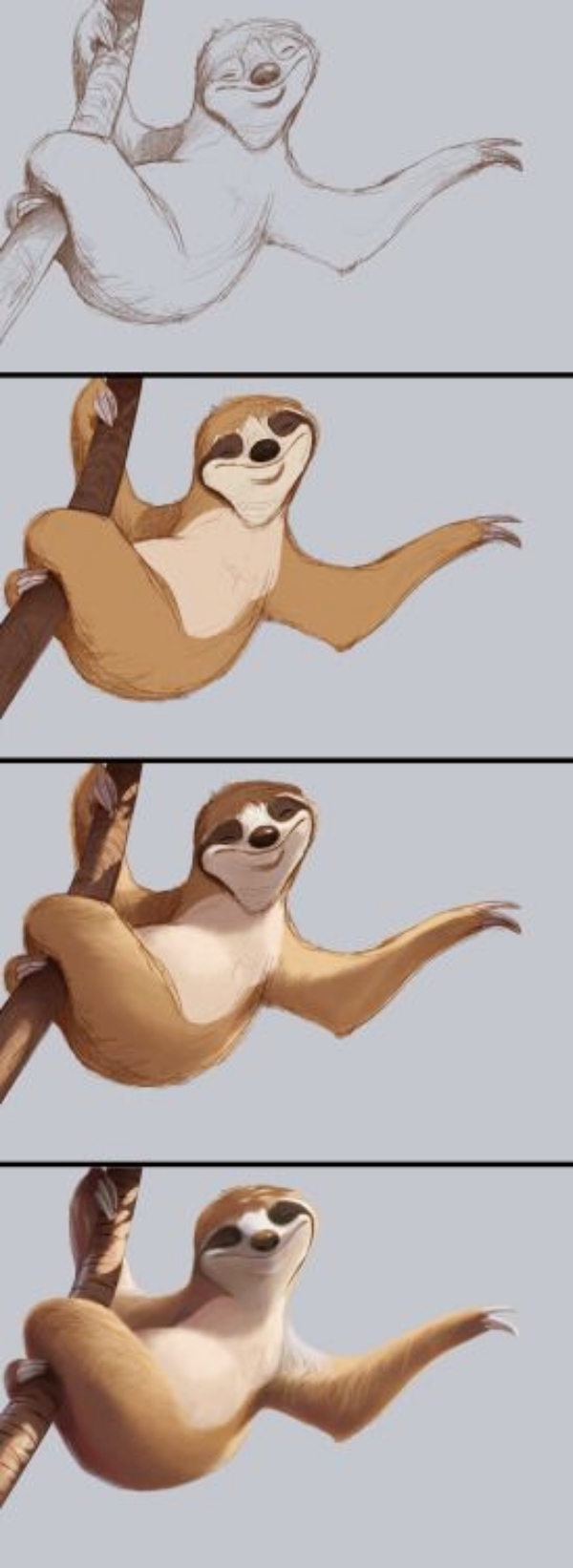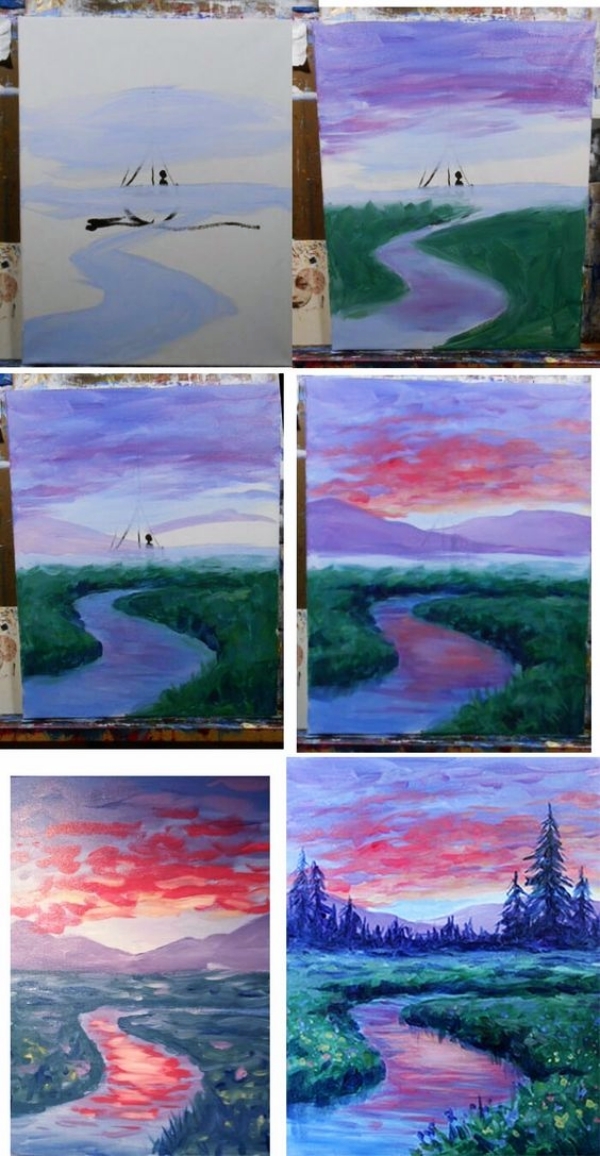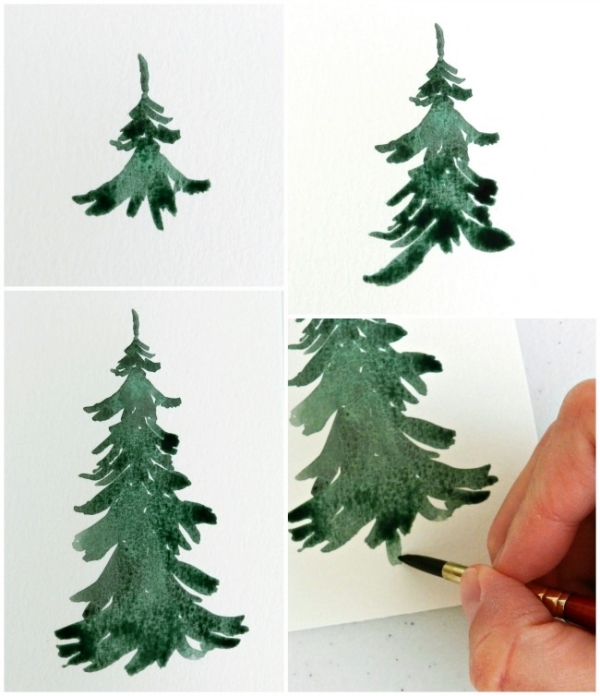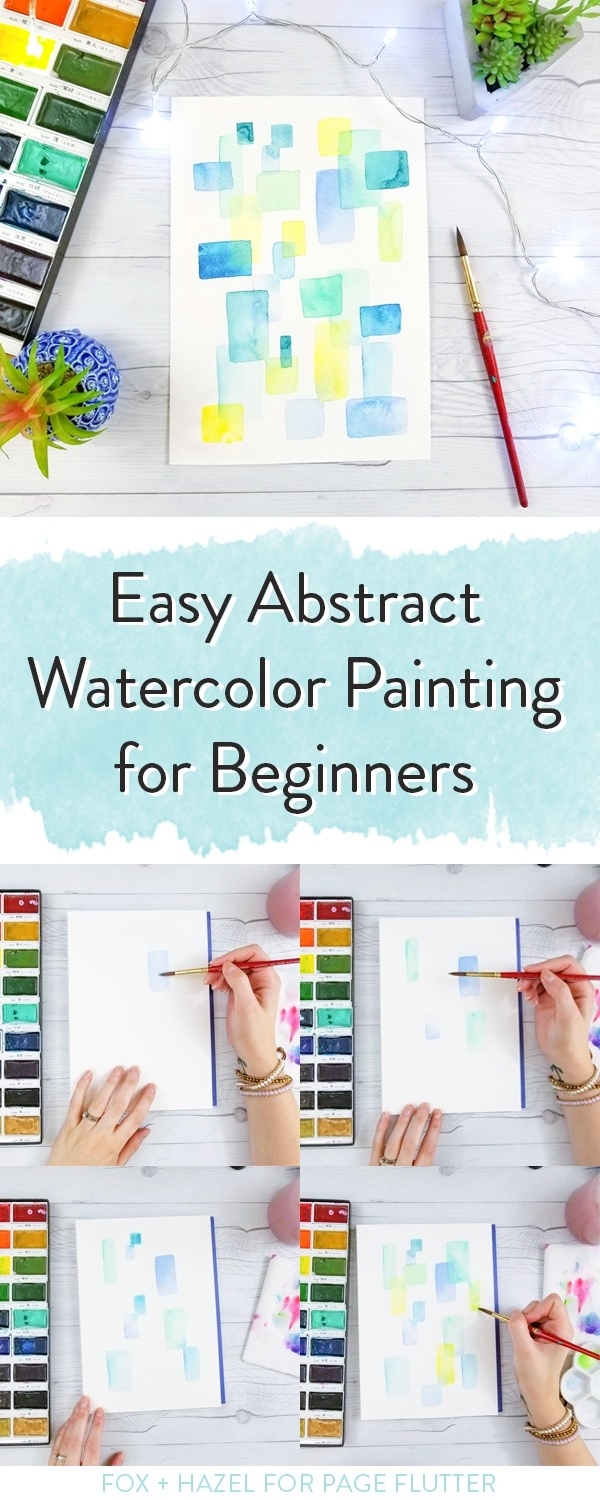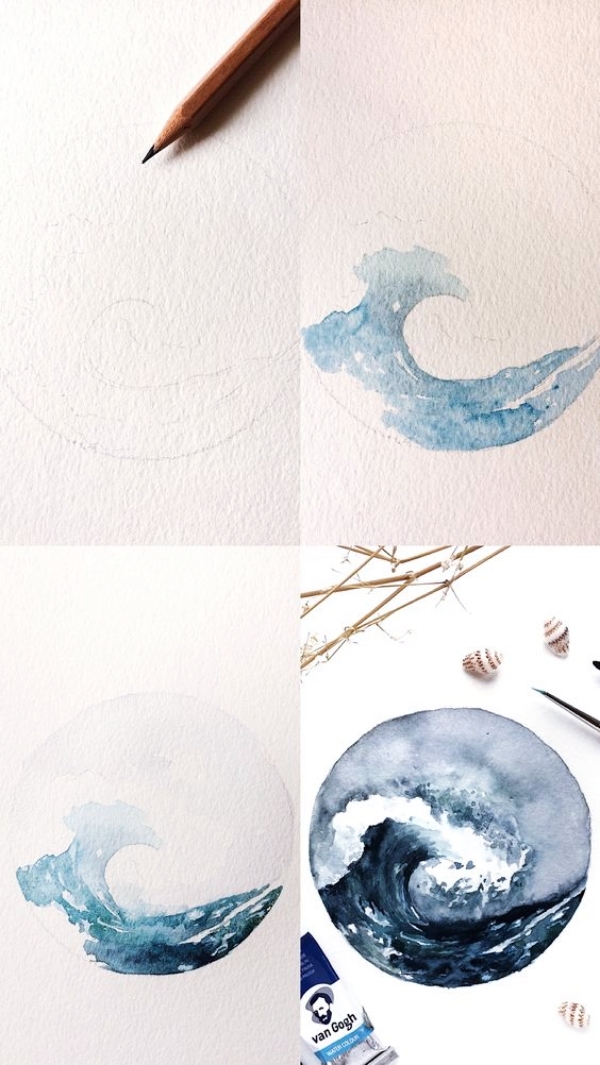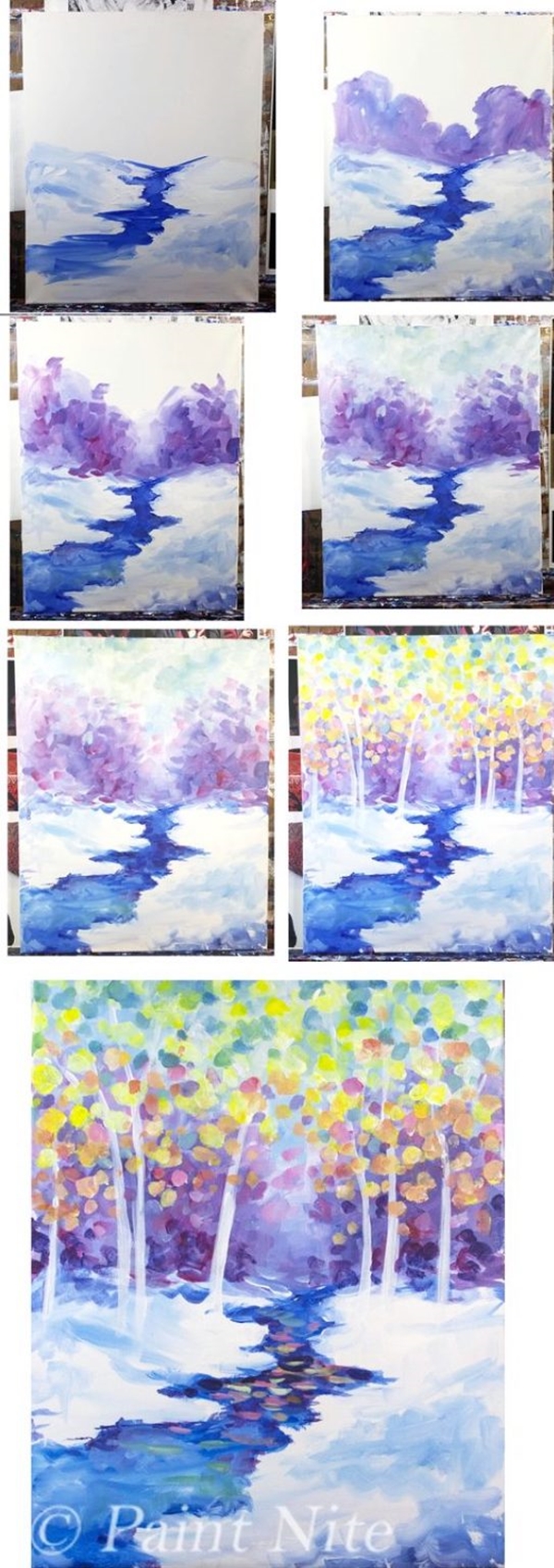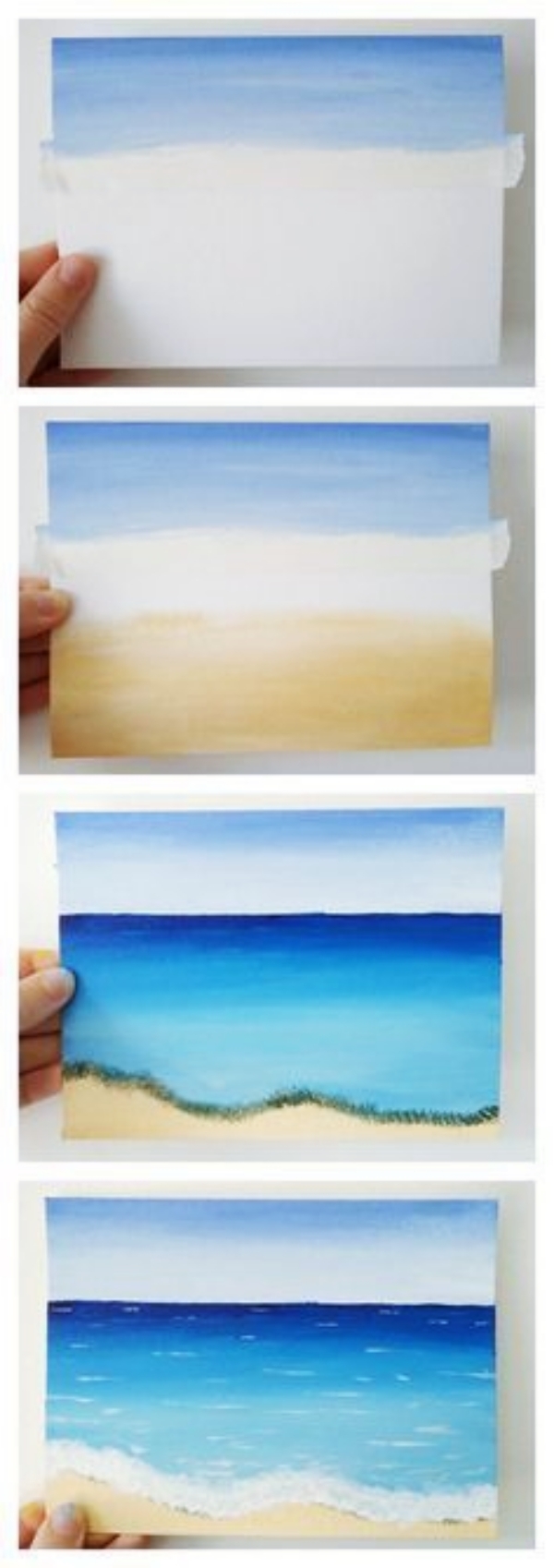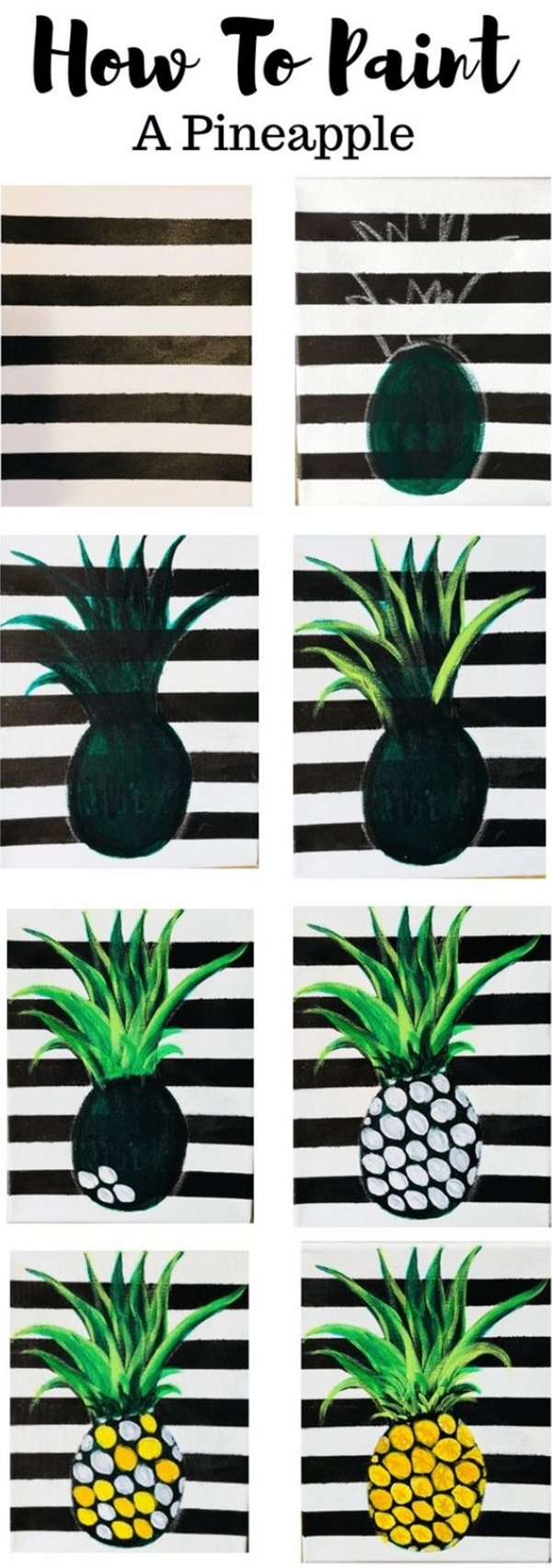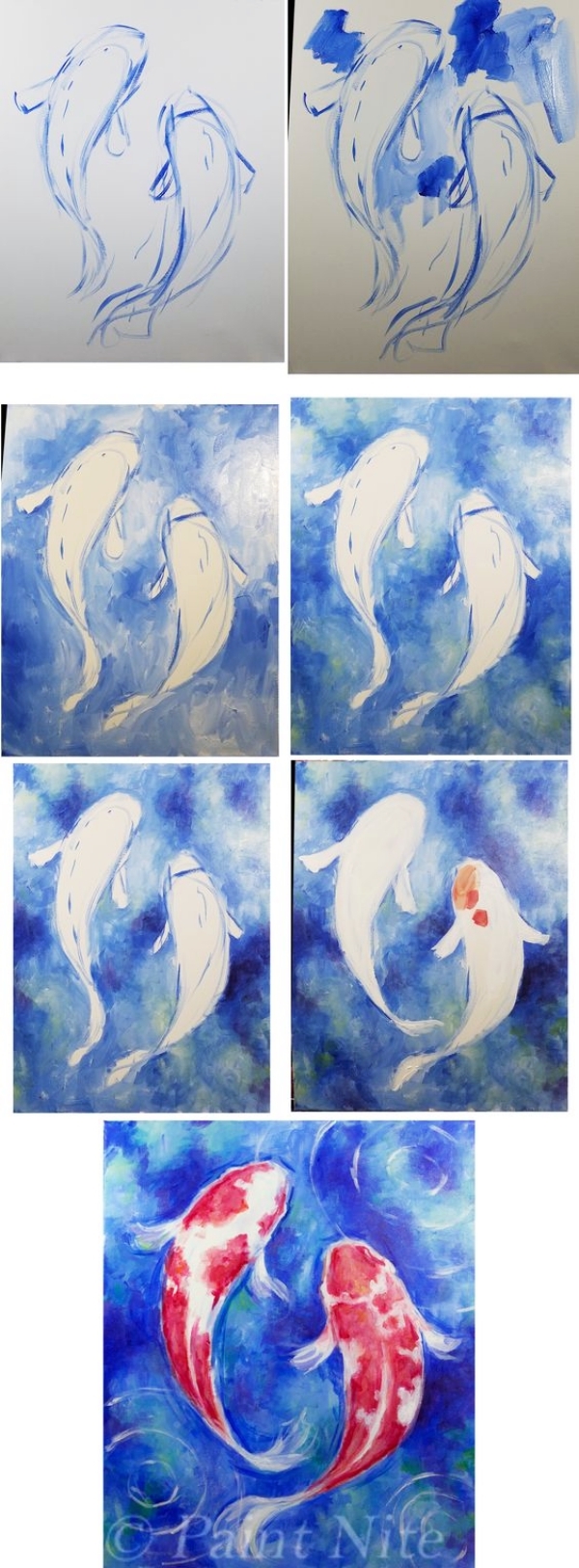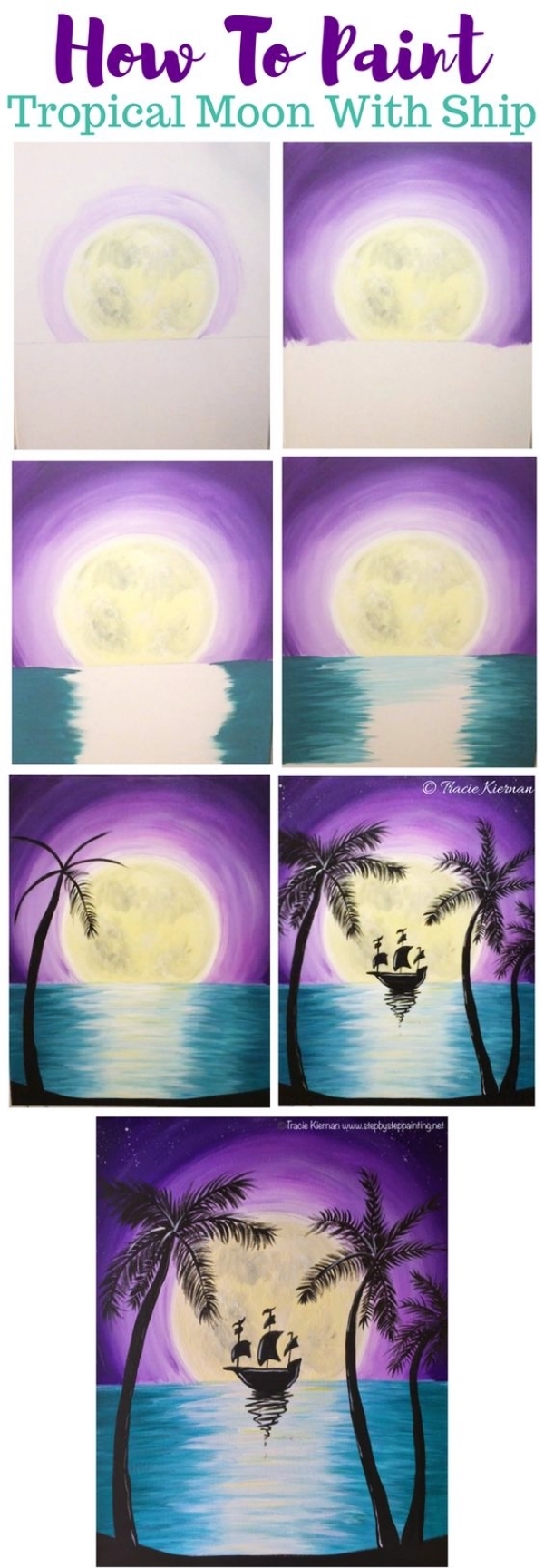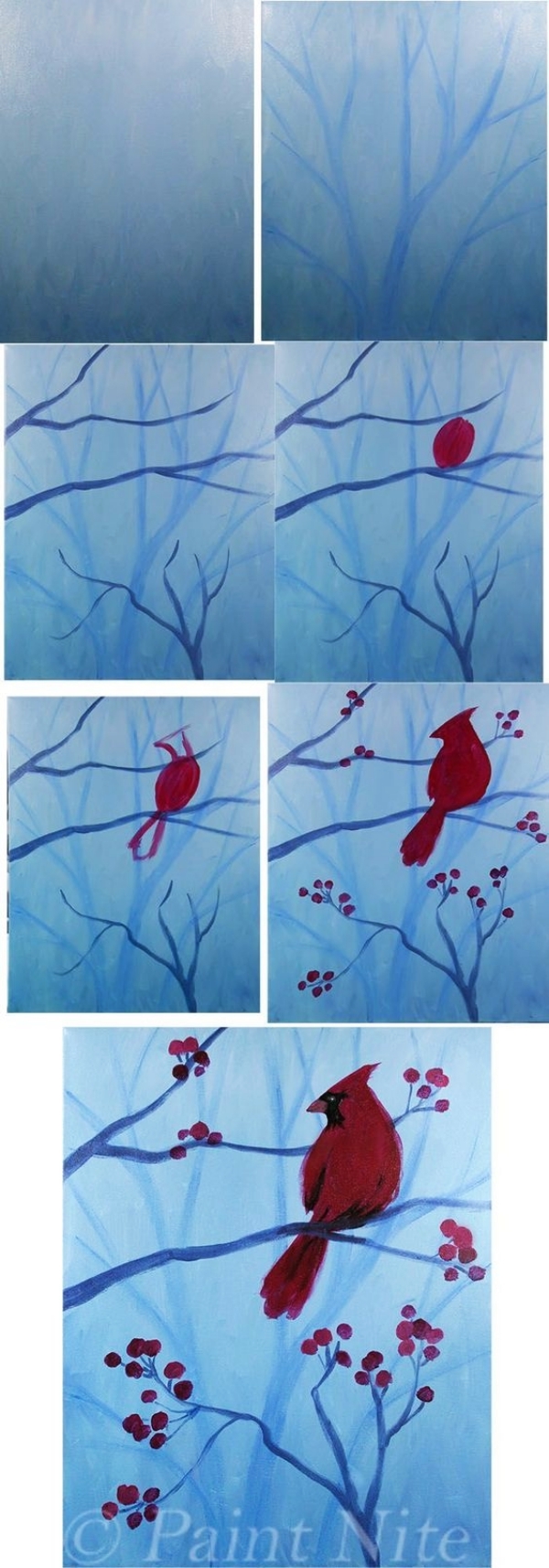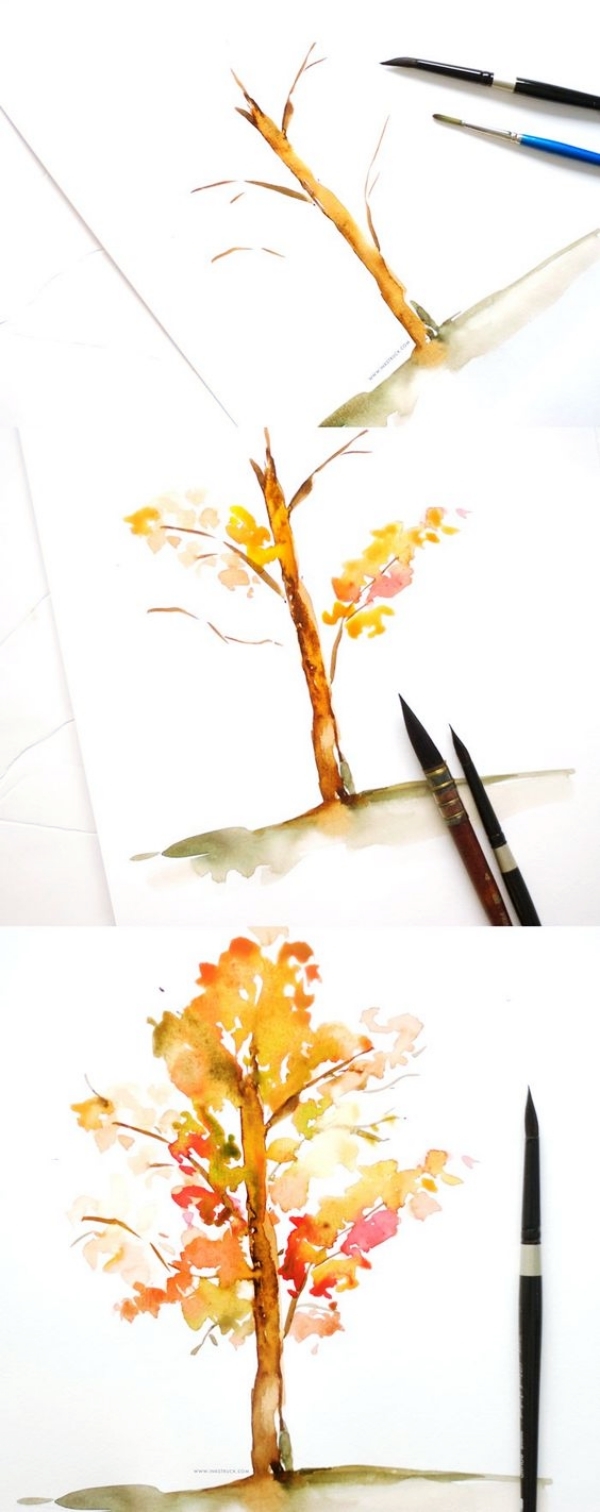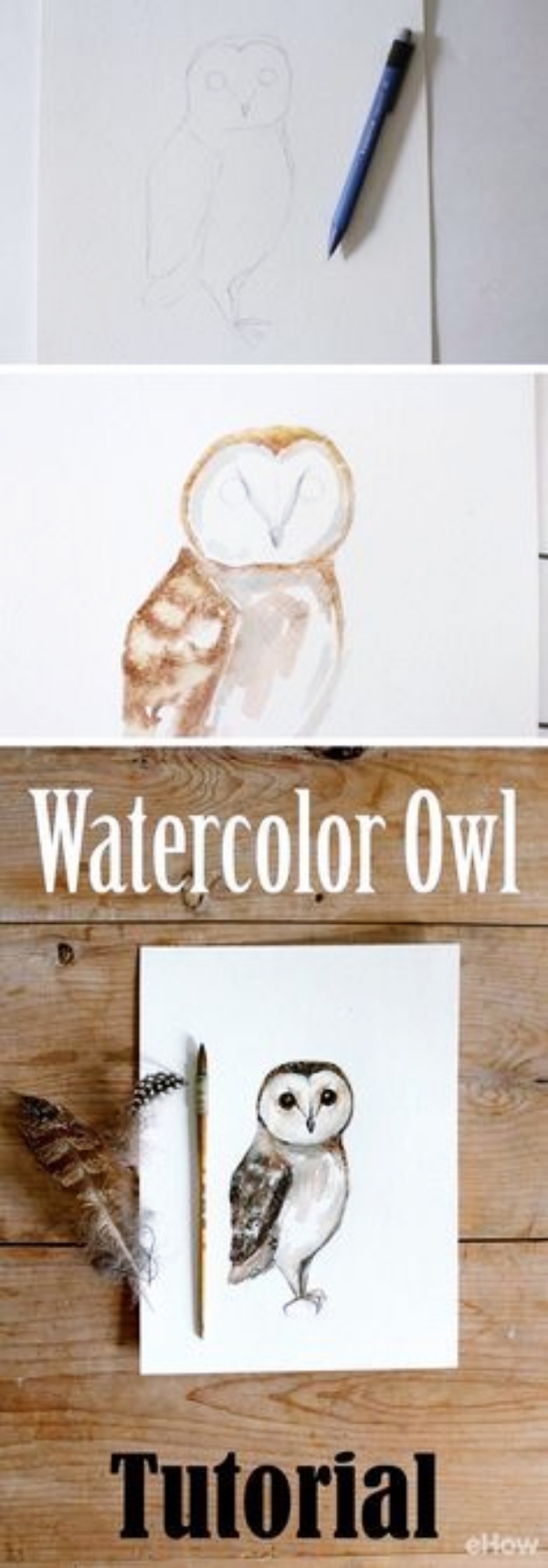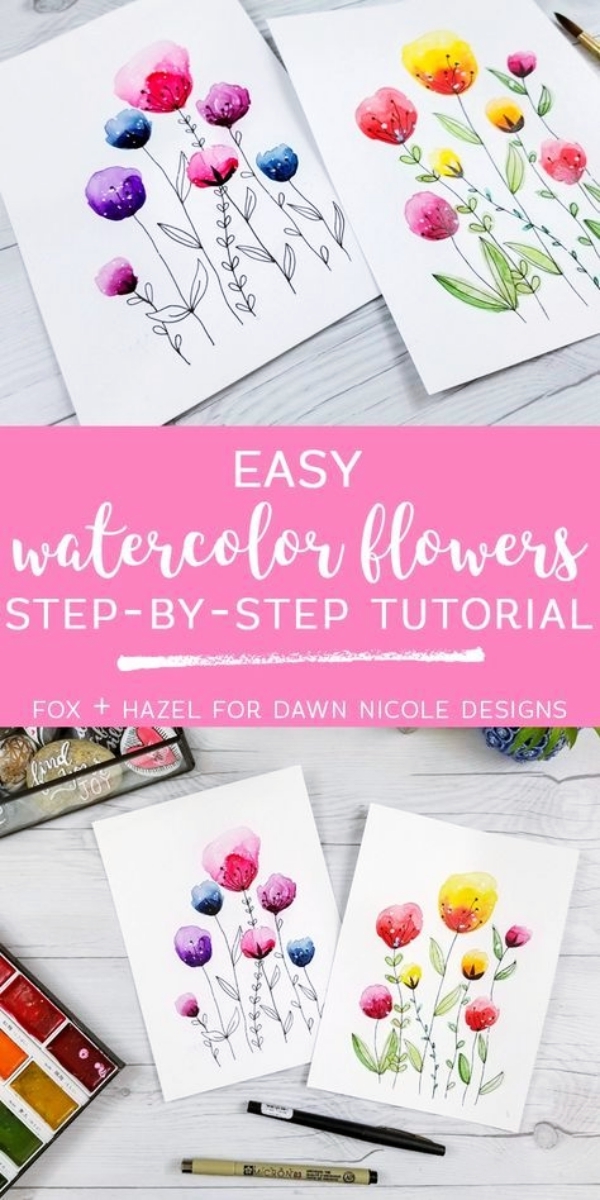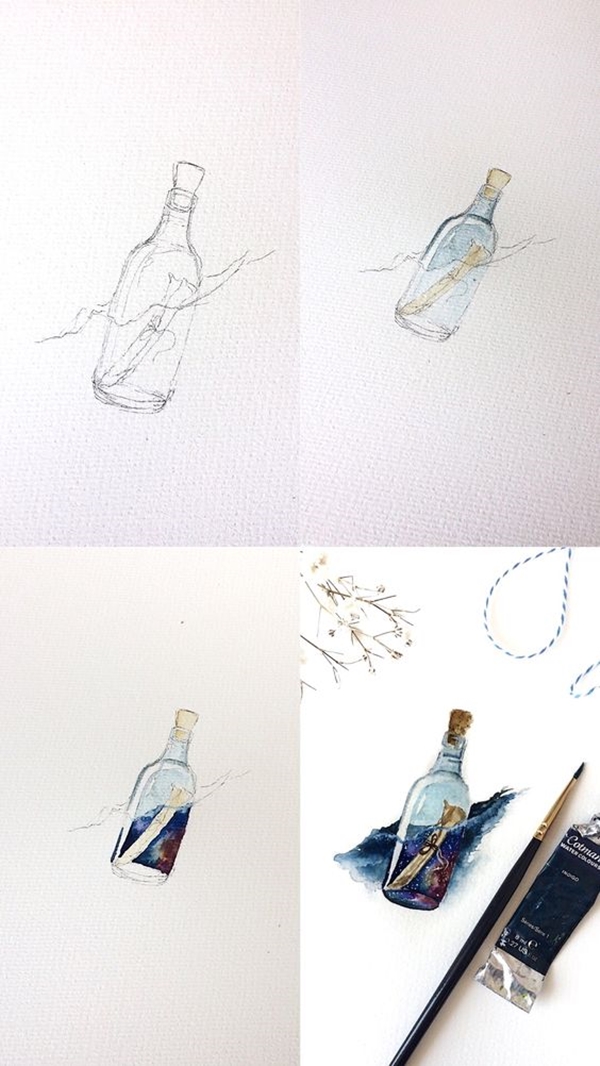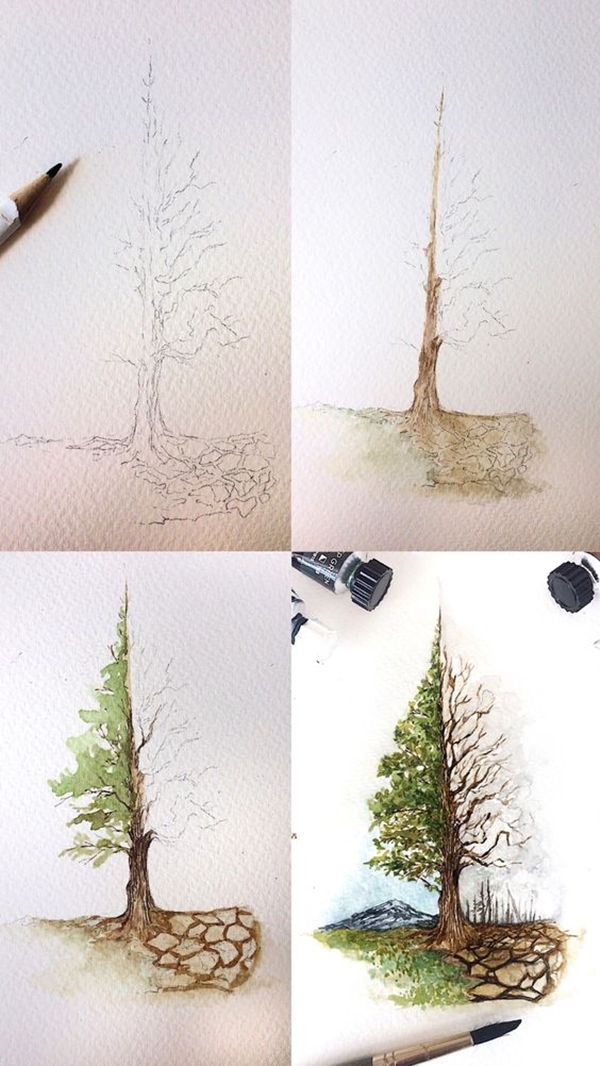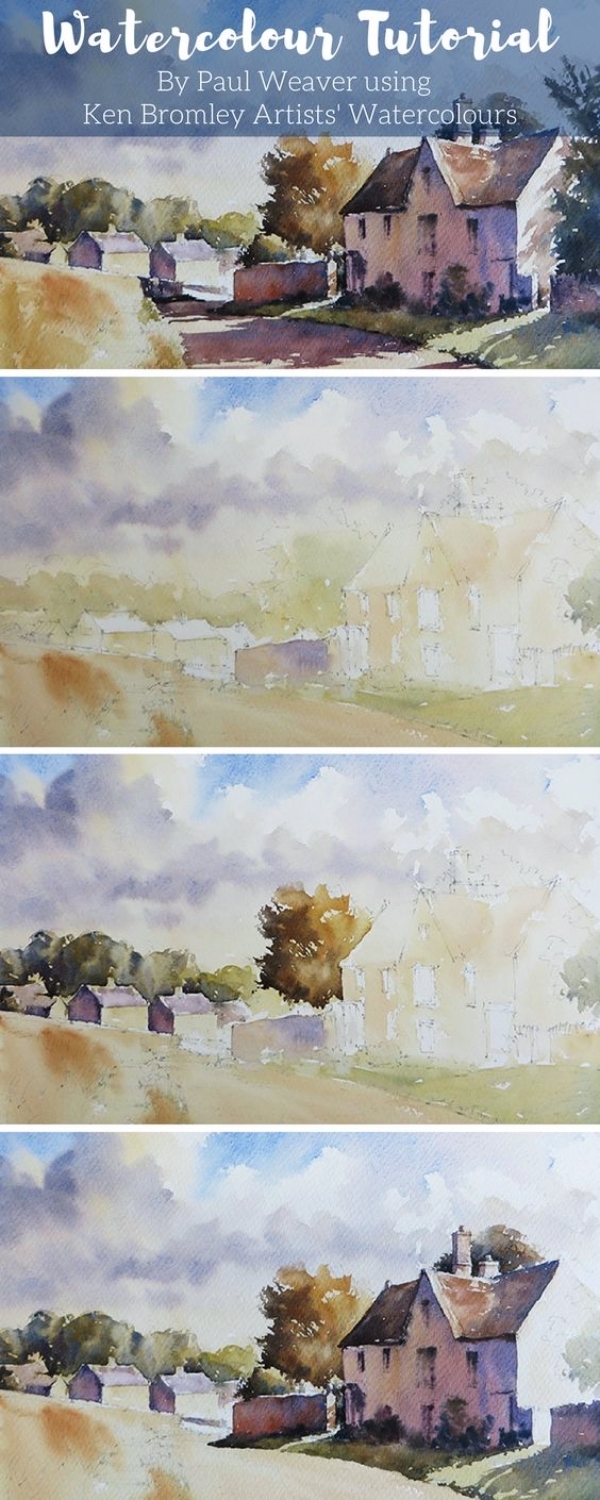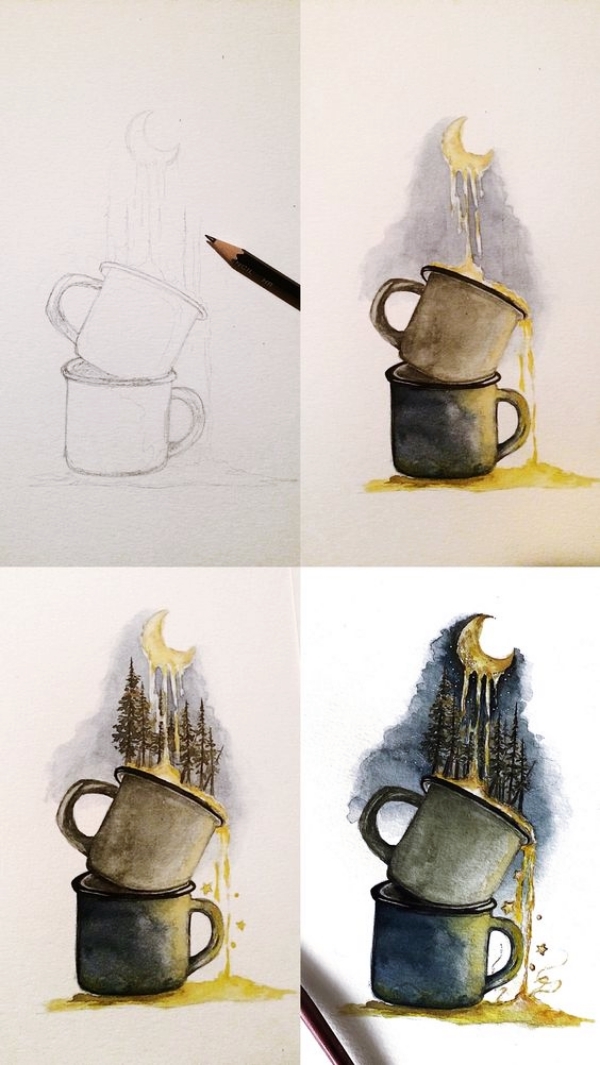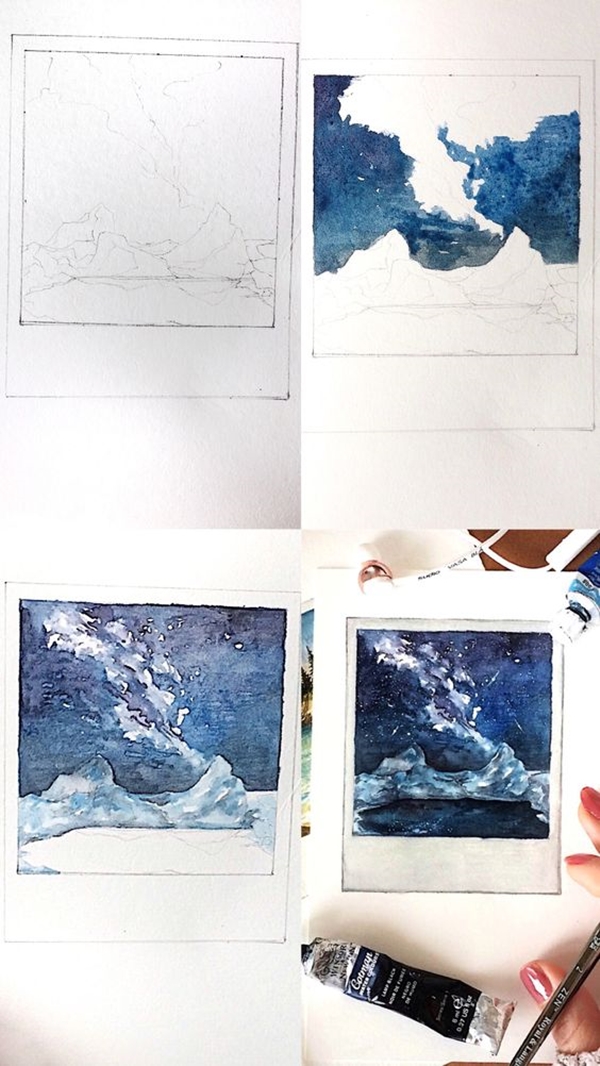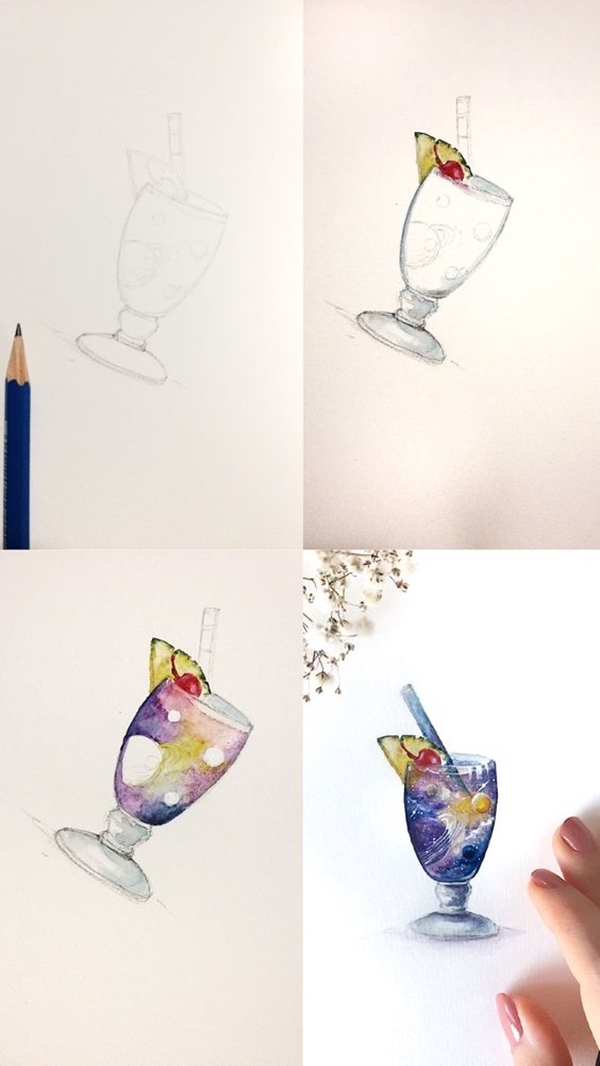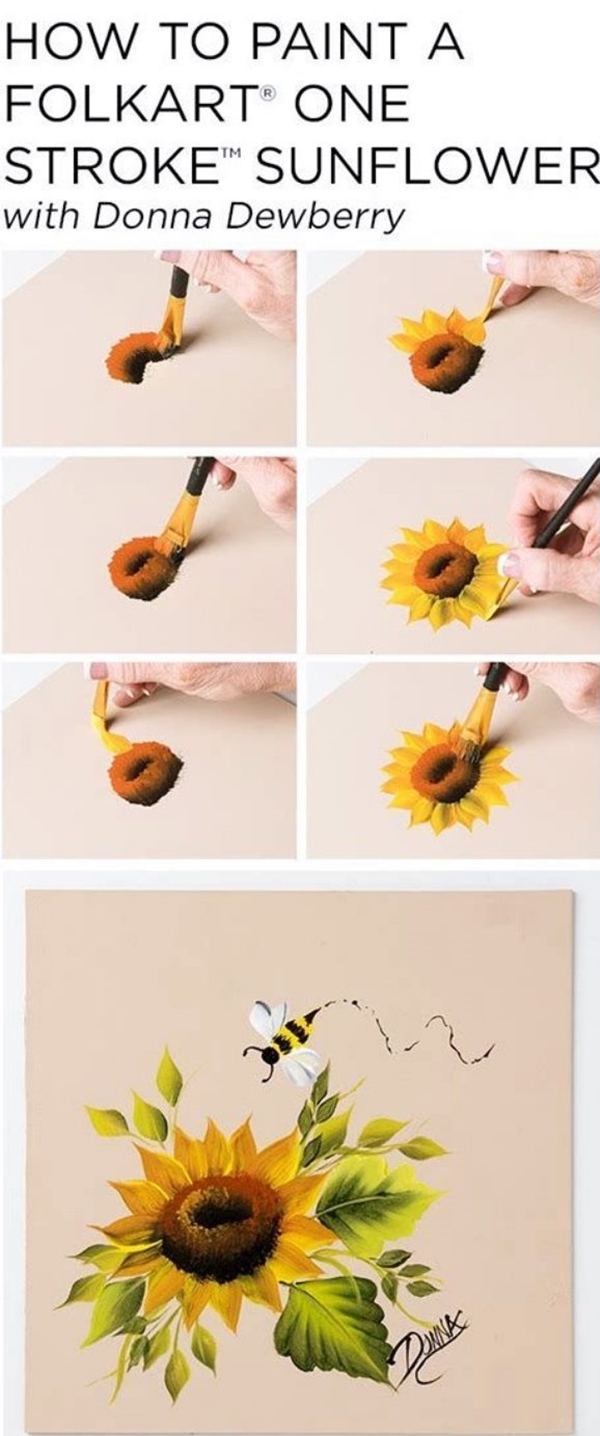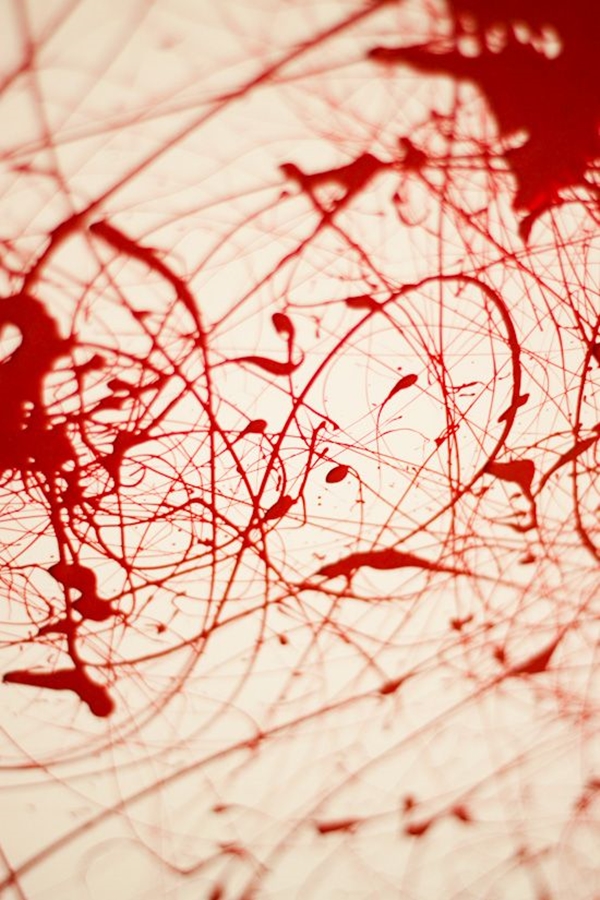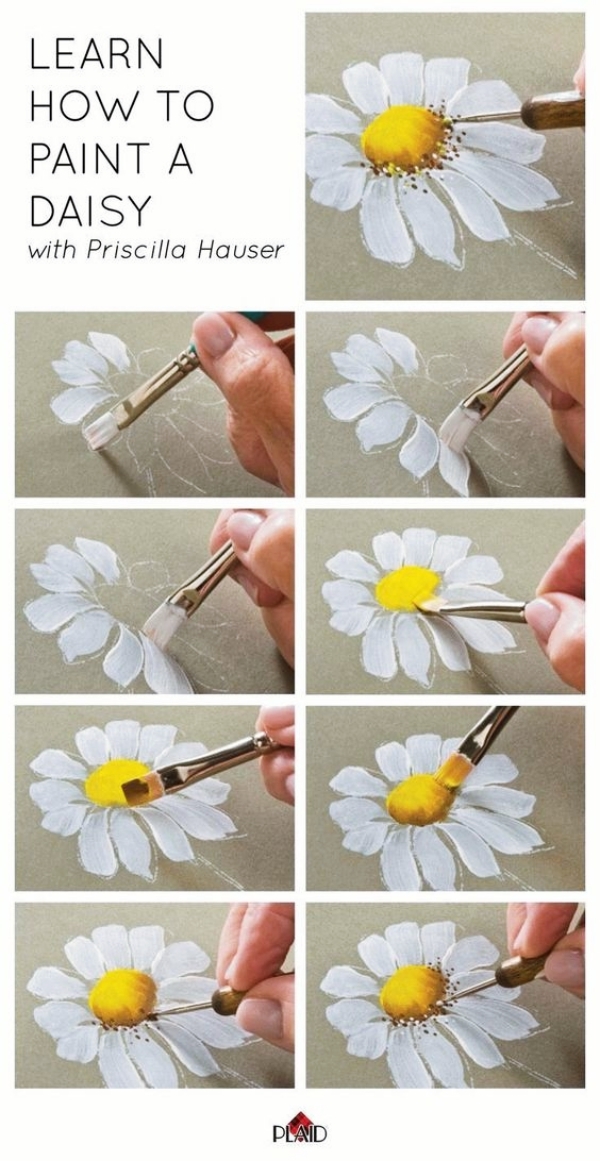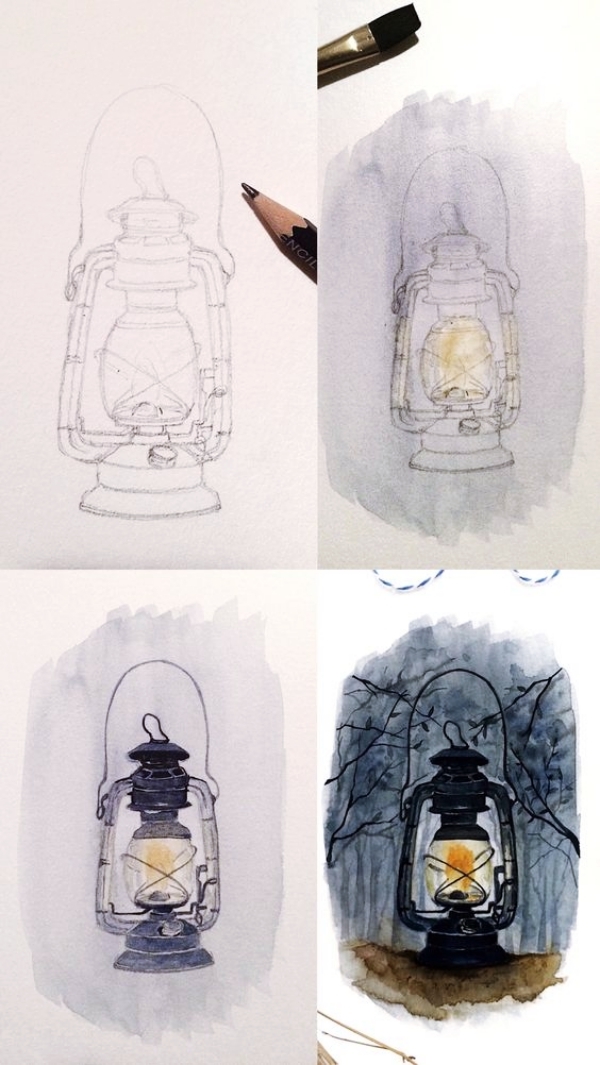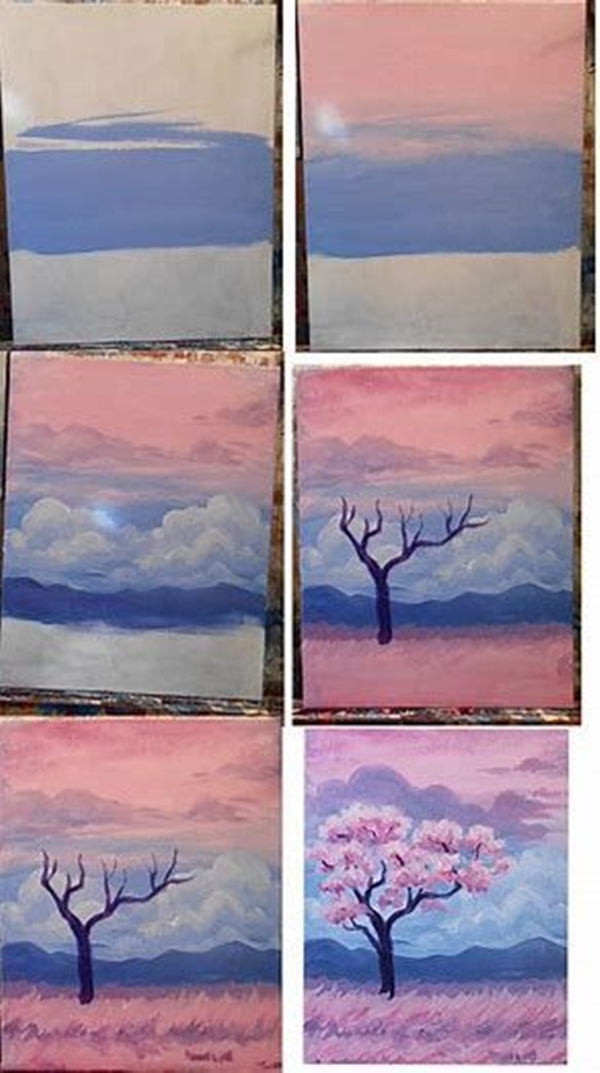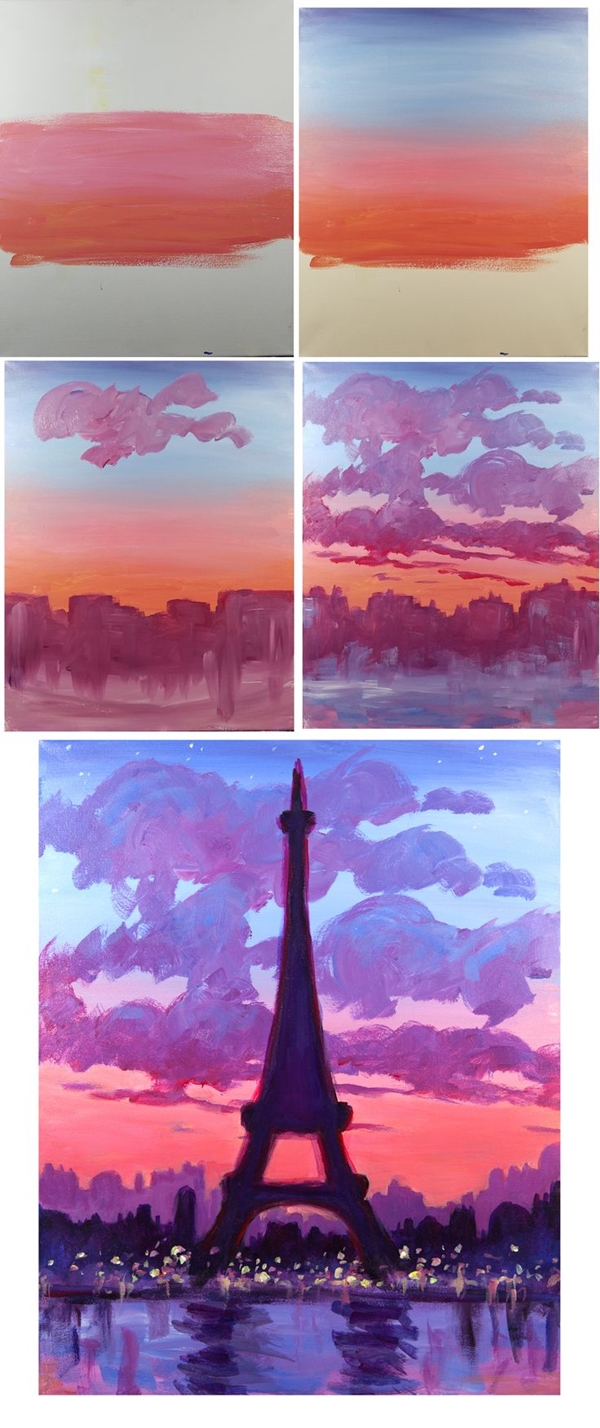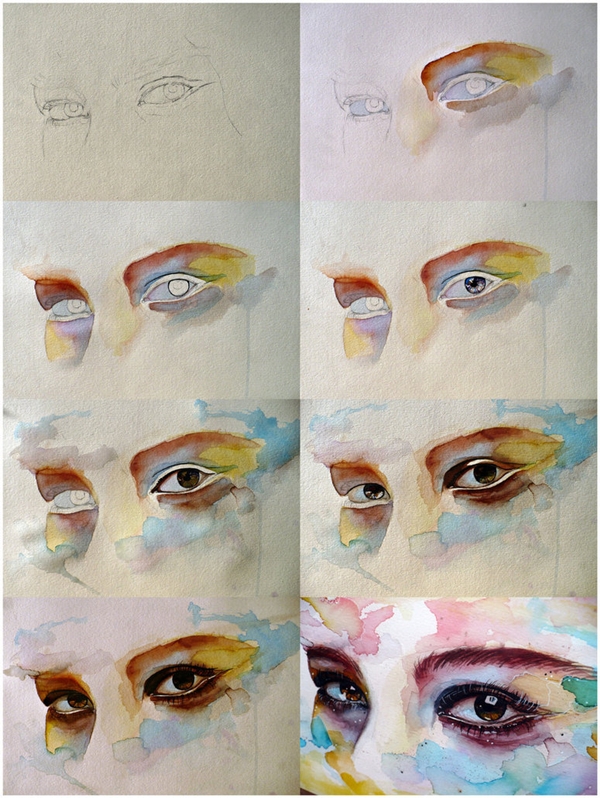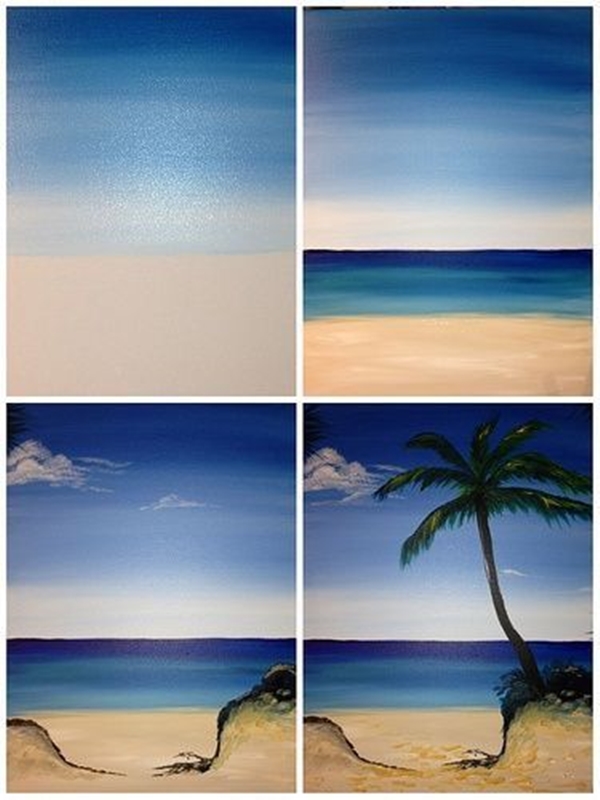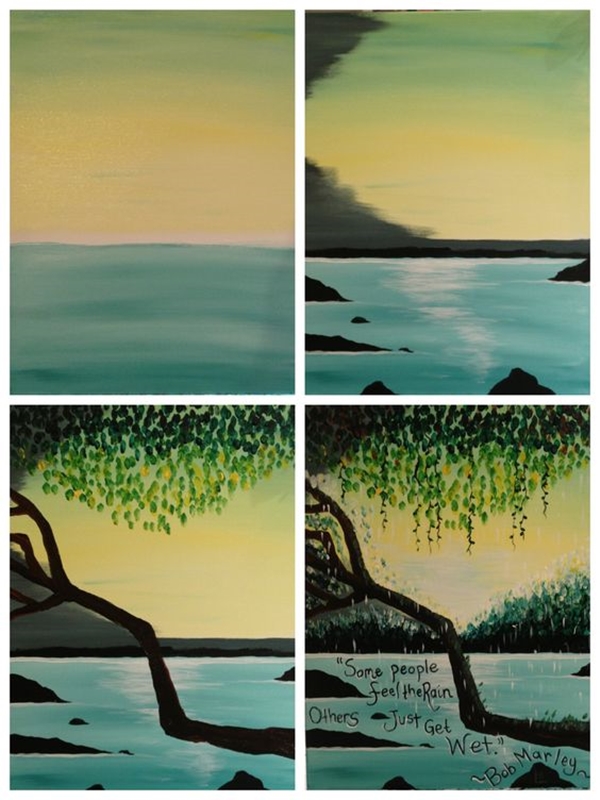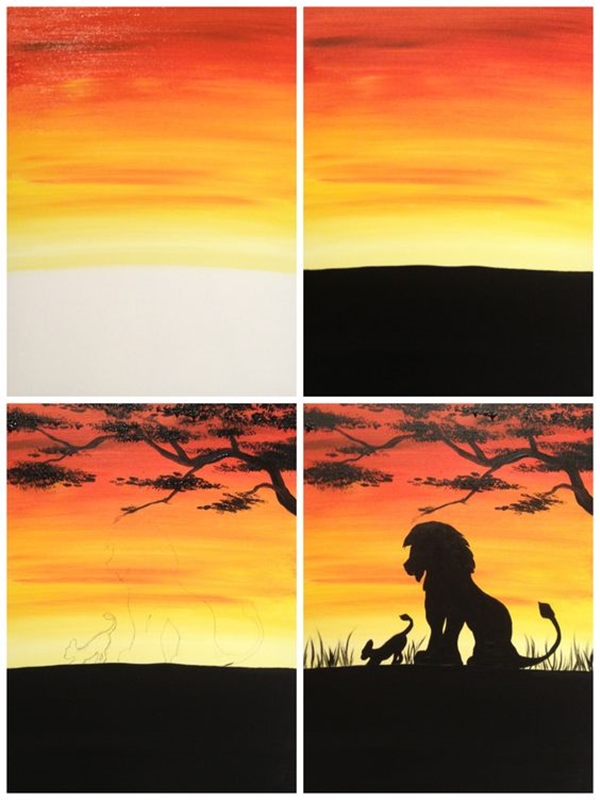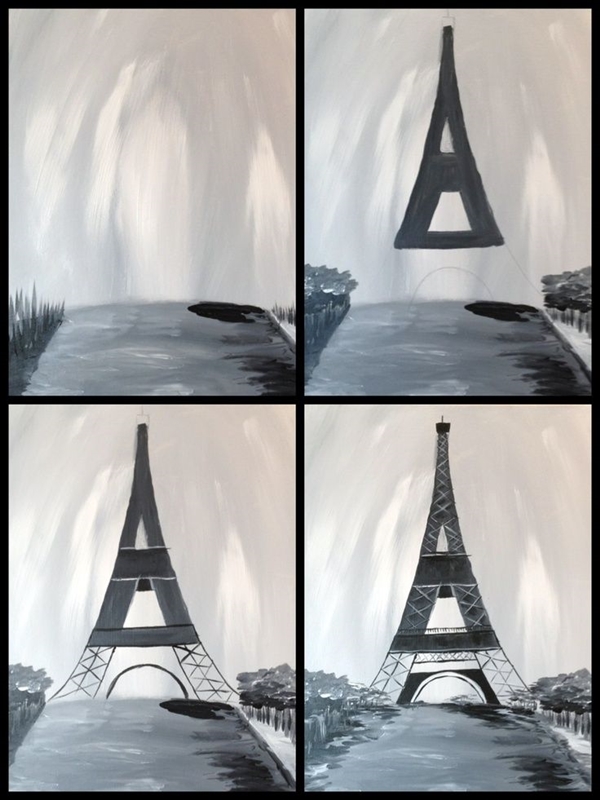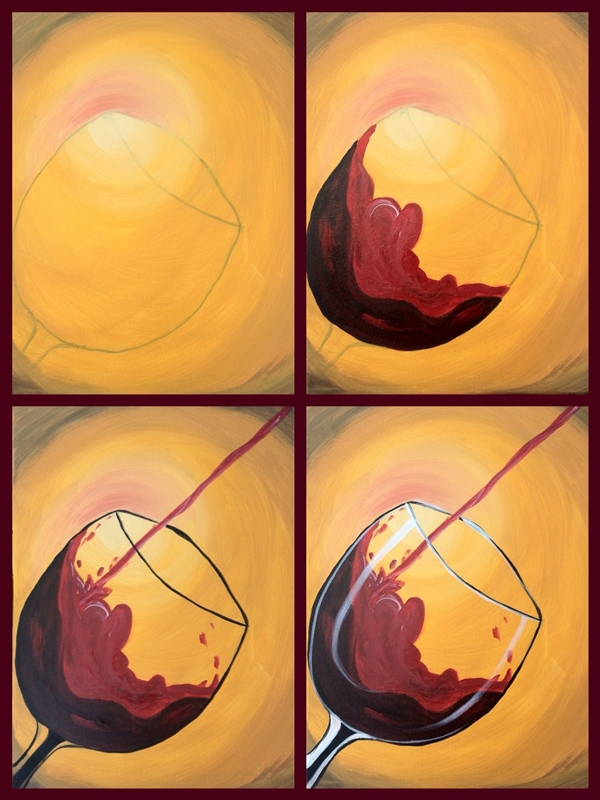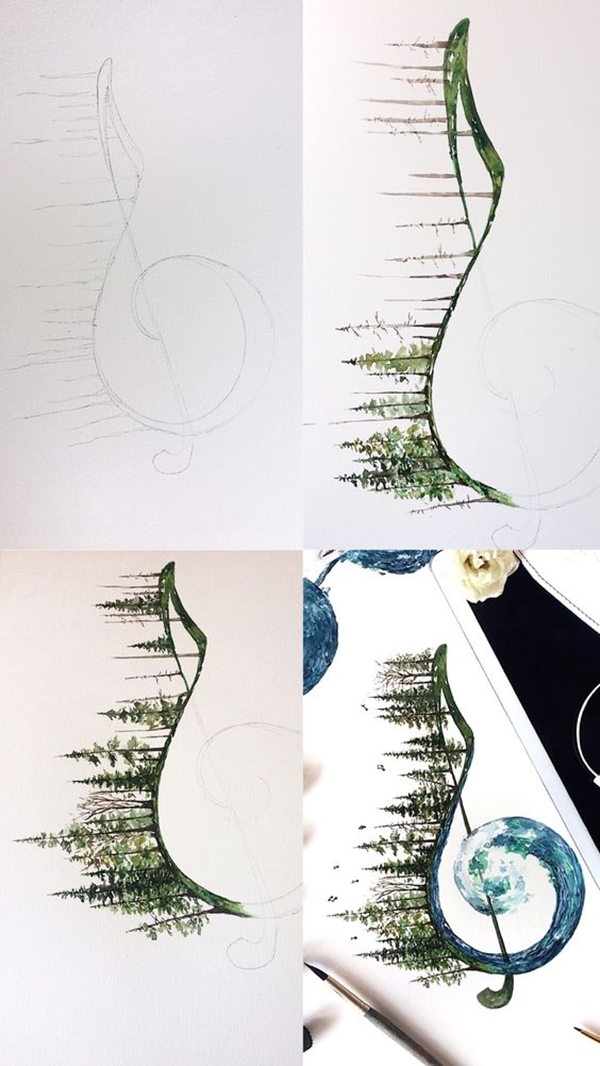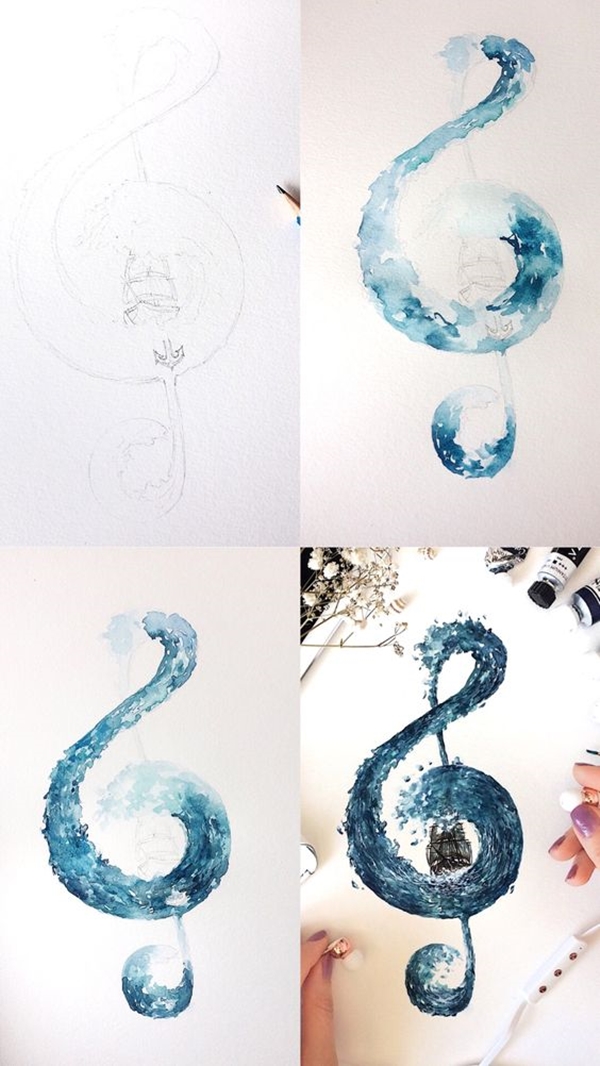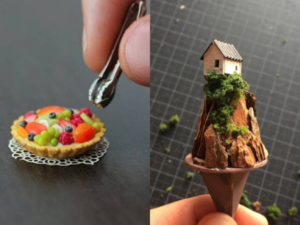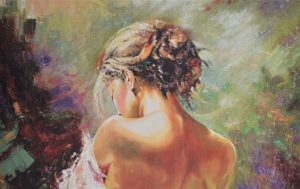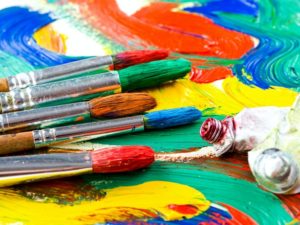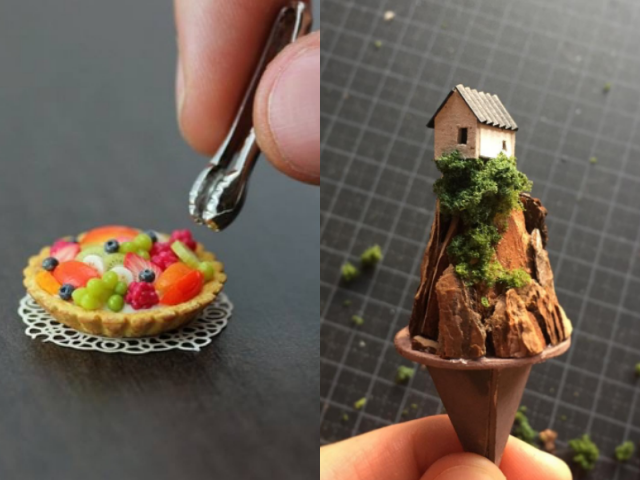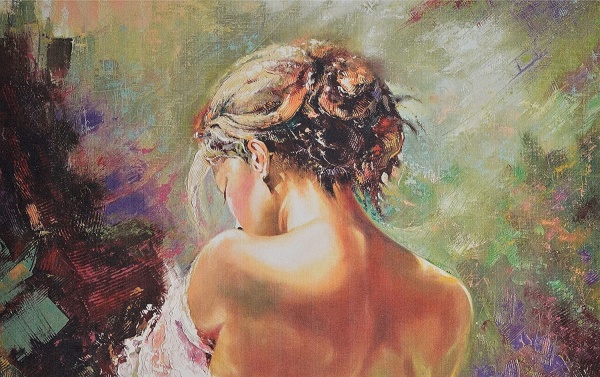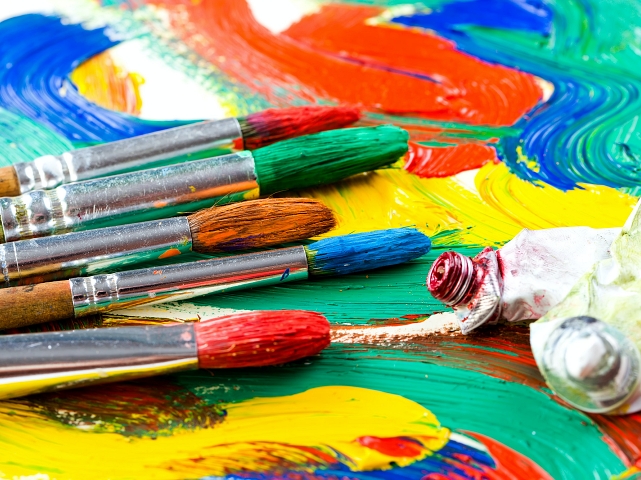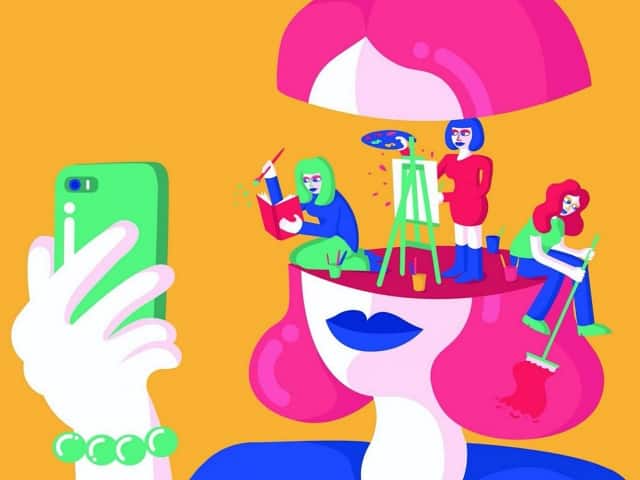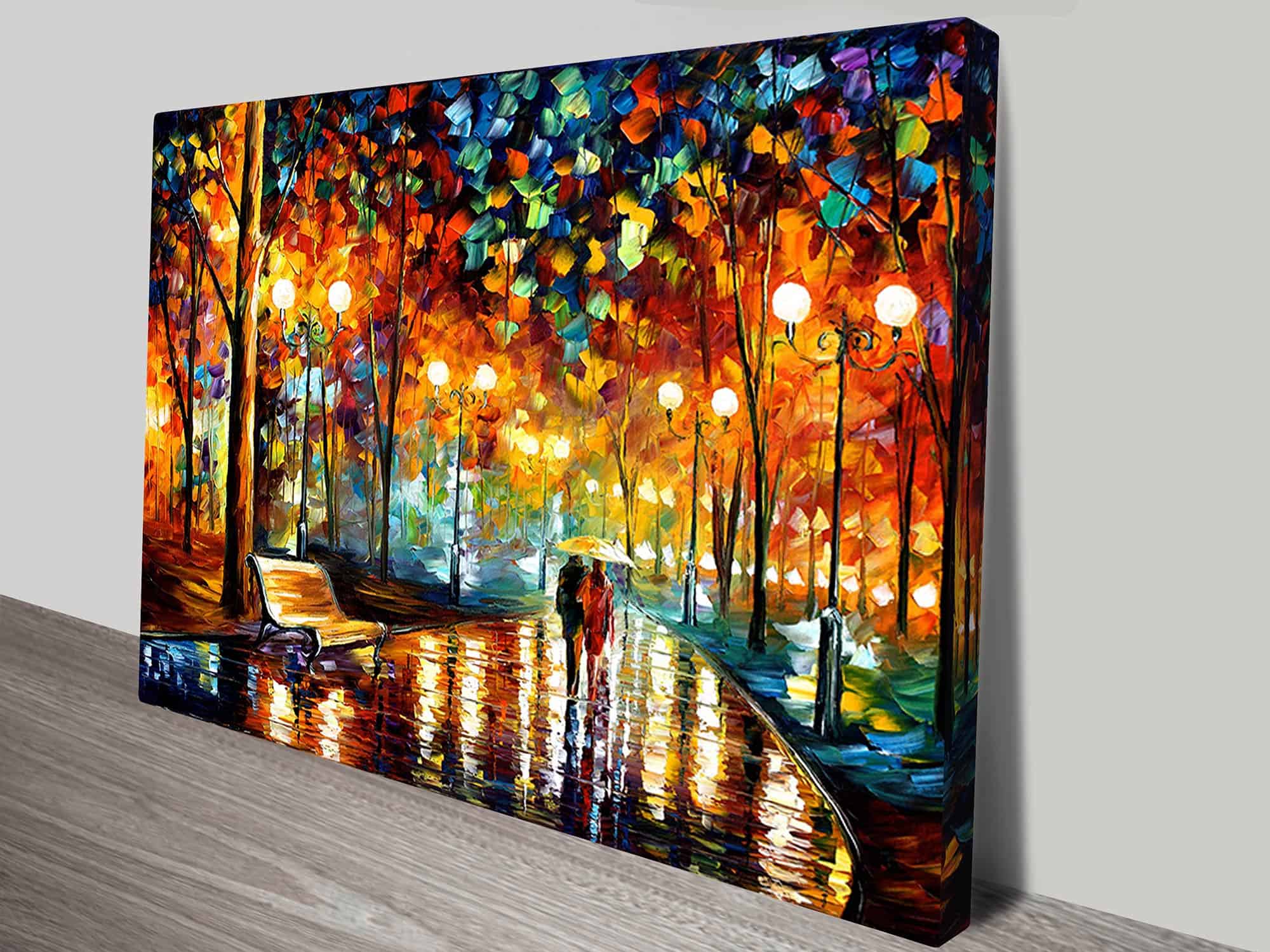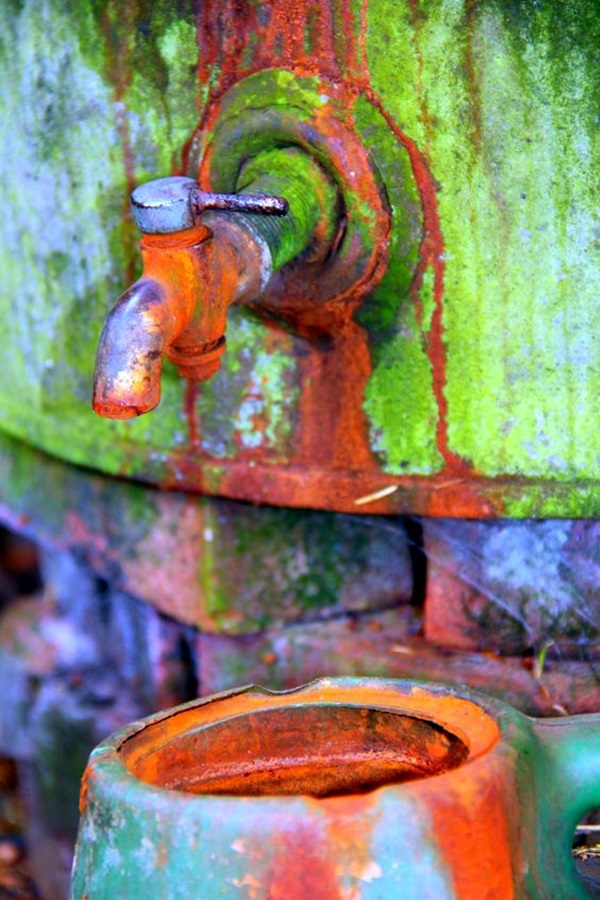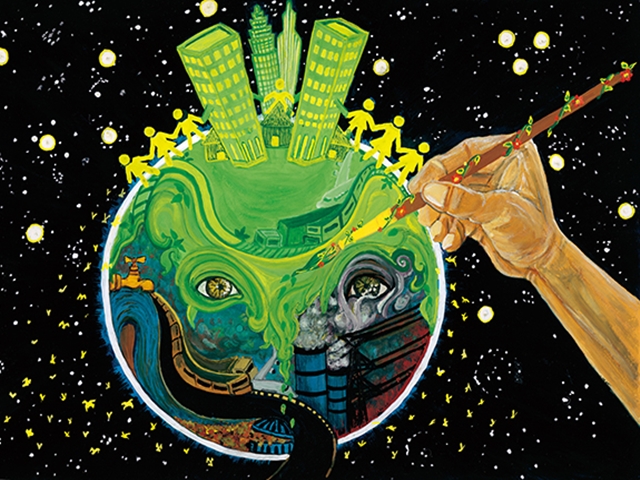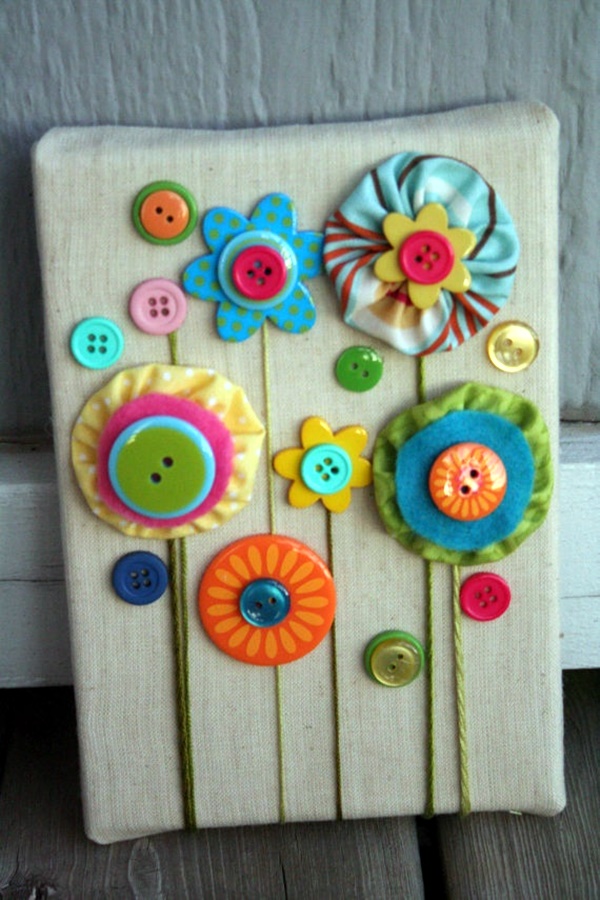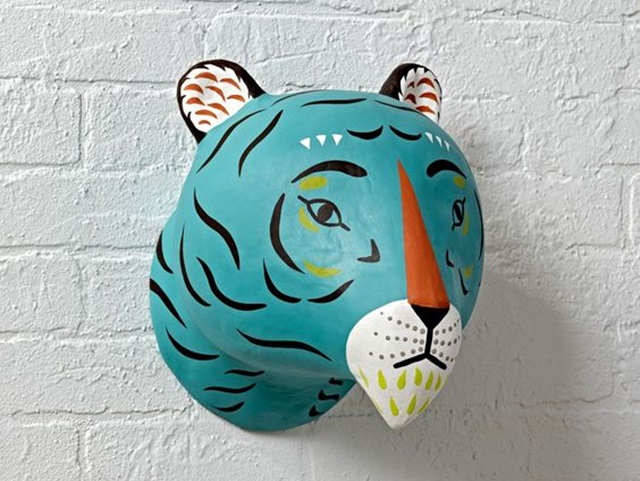Painting is a form of art that can be intimidating to match up to the masters or famous artists. And most of us aren’t that lucky to have a skilled artisan to step up and go through the painting lessons. But, luckily, here are some quick painting tutorials for episodic painters to help you out and teach you some painting lessons.
If you’re really inspired to paint, here comes the fun part – The SECRET techniques!! You read it right all the quick painting tutorials for episodic painters, cool painting techniques and tricks are now decoded for you straight from the artist’s canvas.
Quick Painting Tutorials For Episodic Painters
Sgraffito
Sgraffito is a technique wherein the canvas is gently scraped to bring out the texture of the canvas and blend it with the paint. The knife is held at an angle of 45 degrees and grazed smoothly against the surface. This technique is used innumerable times to blend the sky with the landscape. Sgraffito ensures that the edges are soft which can be used to blend different surroundings effectually.
Scumbling
This technique is used to pull some paint from one landscape into the other and vice versa. This technique is perfect for creating ‘holes of the sky’ within the trees. Scumbling is very famous quick painting tutorials for episodic painters.
Using Glazes
Glazes can be incorporated to provide greater depth. The glaze imparts a sense of transparency to the paint and brings forth the layer of paint beneath another layer. Opaque glaze contains more paint and provides a harder appearance. Transparent glaze contains more water and gives a smoother, softer touch. Air bubbles should be allowed to rise to the surface while mixing the glaze with the paint.
Washing It Down
Using excess water will give the paint a watercolour appearance. This can be used to give translucent characteristics to the paint. Unlike watercolour, the acrylic paint will set permanently. So, if you’re using acrylic paints, these quick painting tutorials for episodic painters are absolutely for you.
Dabbing
Beginner level painter? These quick painting tutorials for episodic painters can be life changing for your painting passion. Various objects like sponge, towel, paper can be used to create innovative and unique textures within the paint. Dabbing is the perfect technique for the painter who has an experimental inclination towards his/her art.
Pouring paints
This technique involves directly pouring the paint onto the surface while moving the canvas around to spread the paint. The paints naturally coalesce into each other, giving a natural touch. Multiple paints can be poured from different directions to maximise blending.
Splattering
To make things fun, take a decently wet brush and flick it onto the surface. This creates an uneven effect and it is perfect for abstract paintings. Splattering also gives a random outlook to the paint.
Preventing Paint From Drying Out
To prevent the paint from drying out quickly, a small amount of water must be sprayed occasionally onto the paint. This can provide more time for experimenting with the paint. This hack is the most neglected yet useful for quick painting tutorials for episodic painters.
Partial Mixing
Partial mixing can be achieved by giving the paints a brief stir with the help of a palette knife. This gives a unique effect wherein the two components are somewhat mixed and somewhat separated at the same time. A good painting is the one with good compositions, therefore this technique is really important.
Family Of Colors
Varying tones of the same colour can be used to disseminate subtle contrast to the paint. Pre-mixing the paints can help save valuable time and make sure you are prepared. According to common observations, complete black should never be the background colour as it depicts the absence of the colour.
Painting is a visual art, to be a novice artist these quick painting tutorials for episodic painters will help you. Use photographs as your reference and practice, practice and practice a lot!! Once you get comfortable with the techniques mentioned, try blending things for different effects with different techniques and colours.

